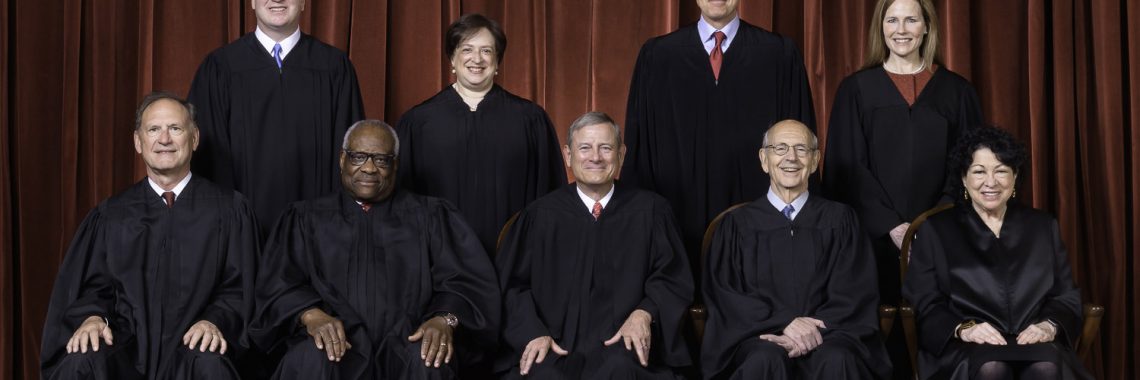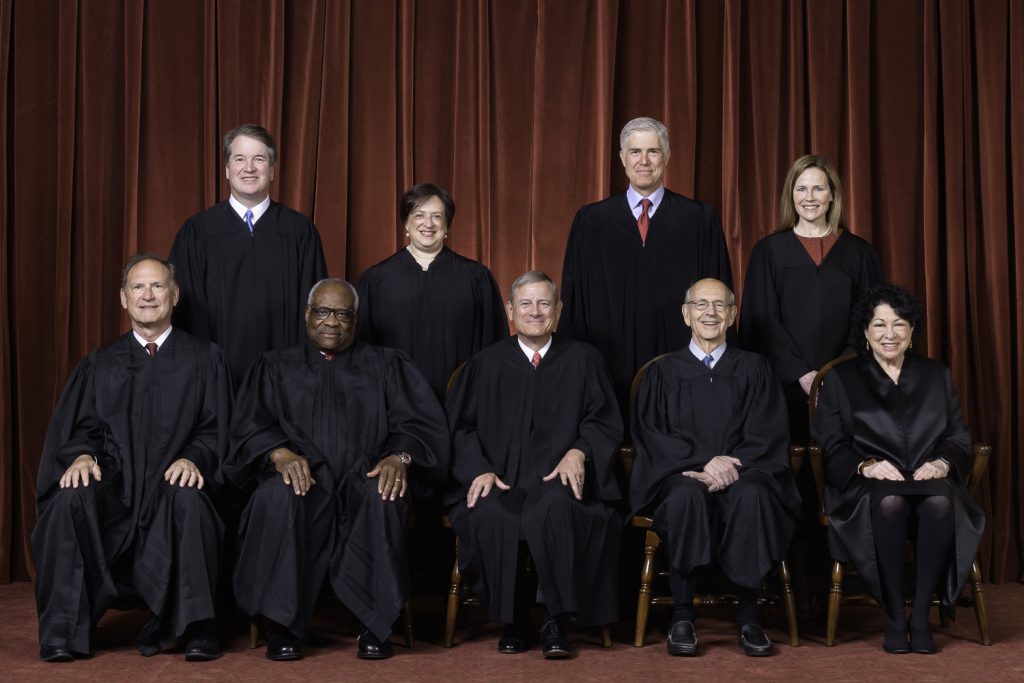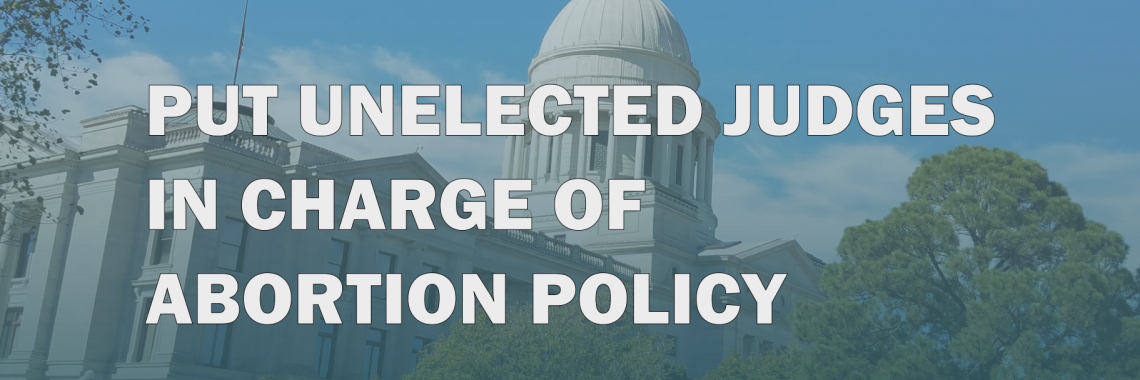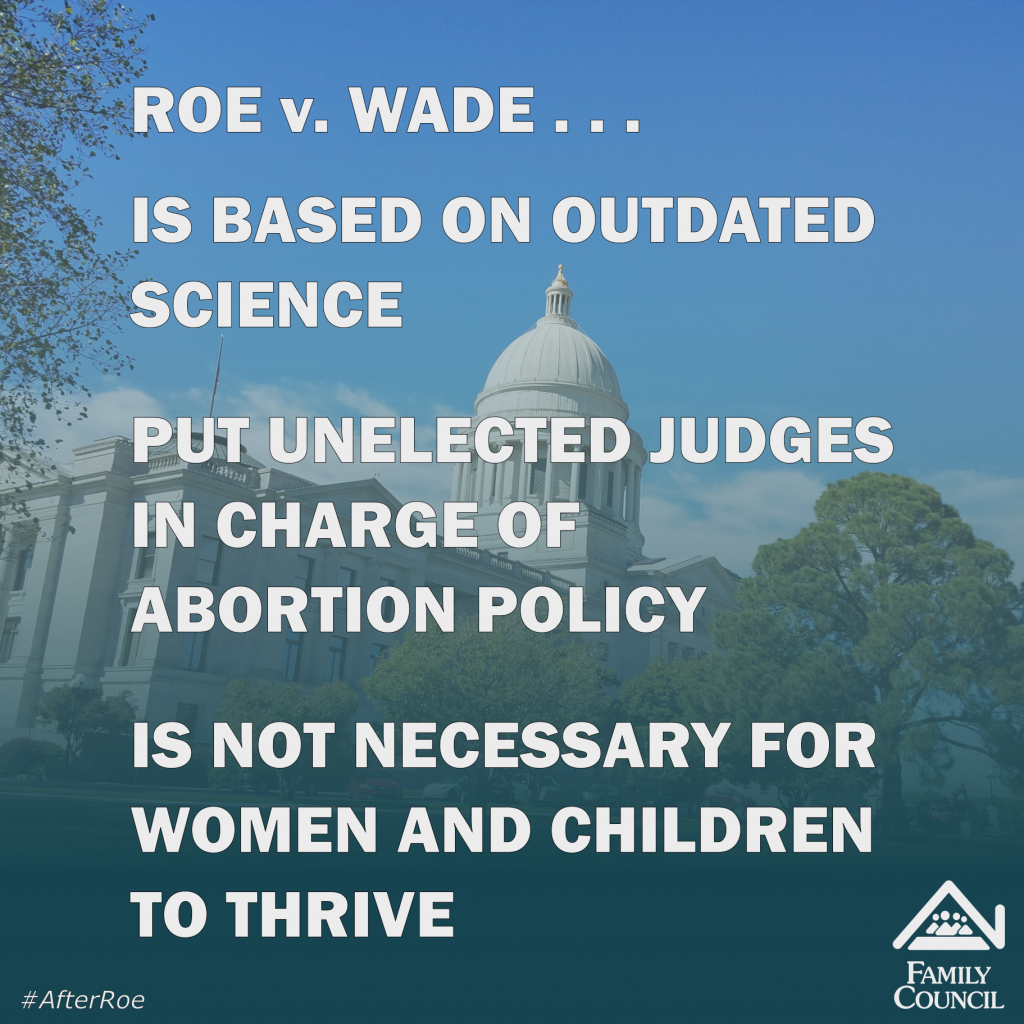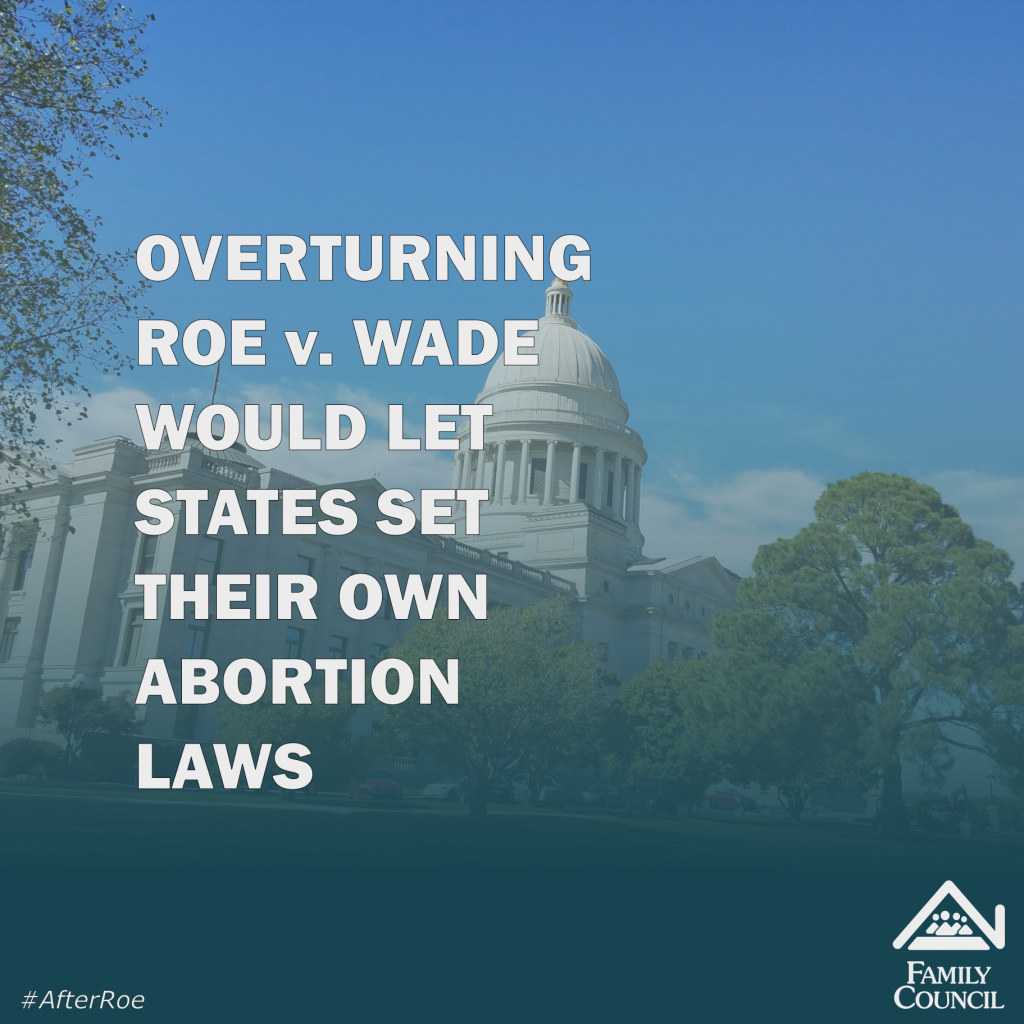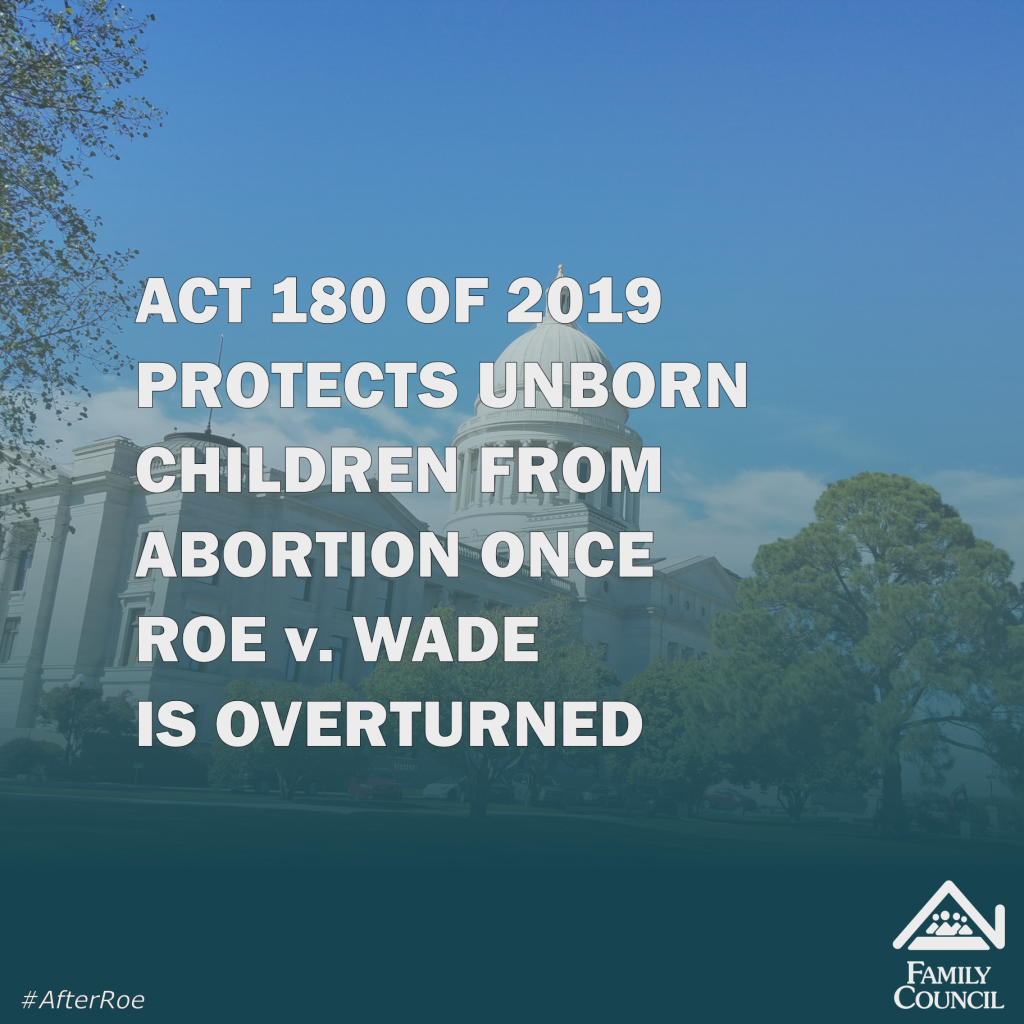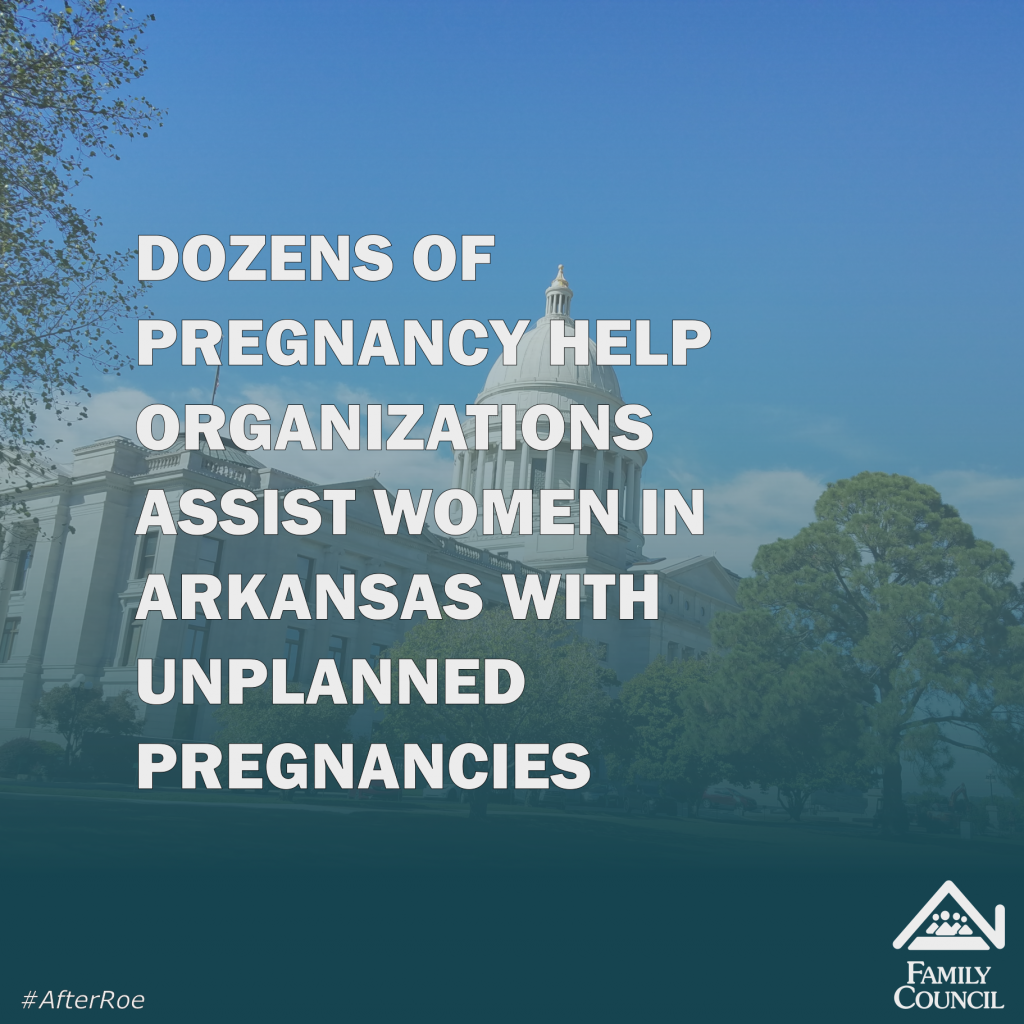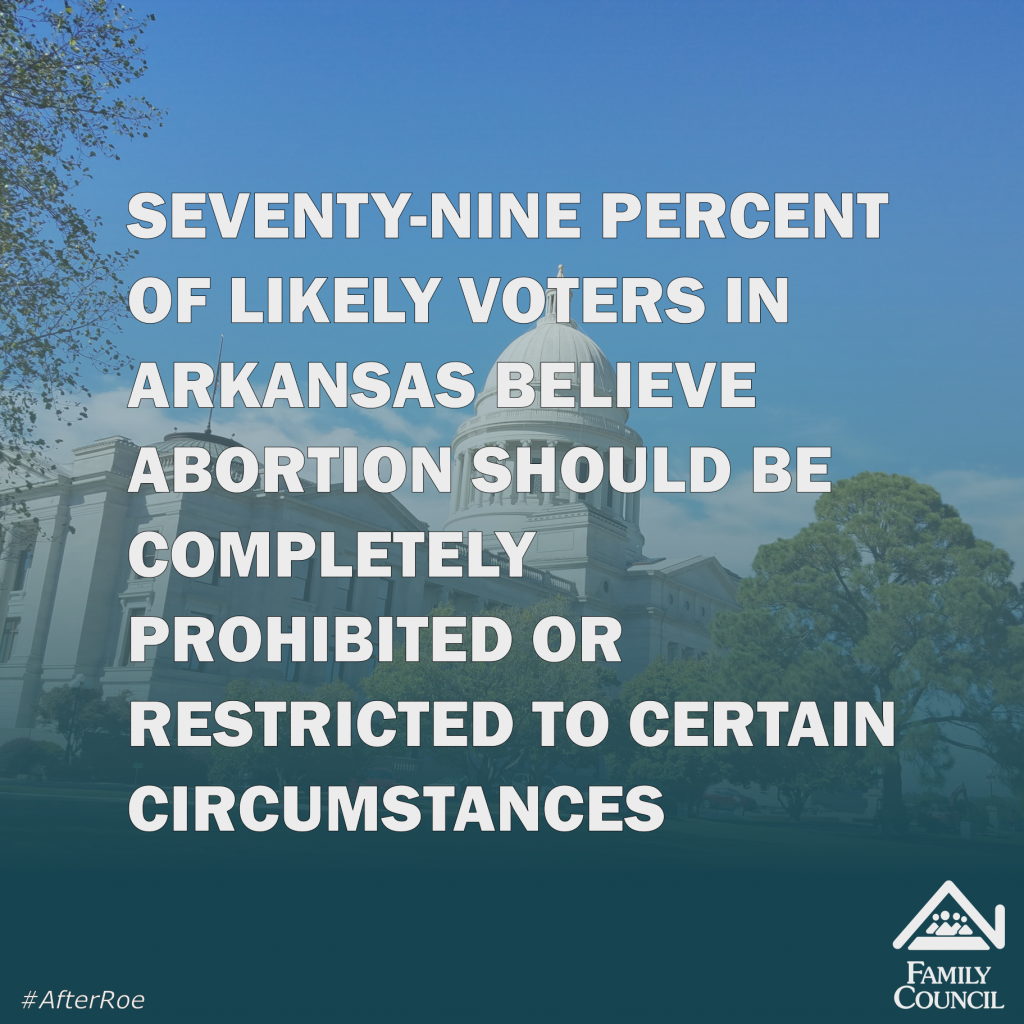Family Council Unveils Three-Pronged Plan Now That Roe is Reversed
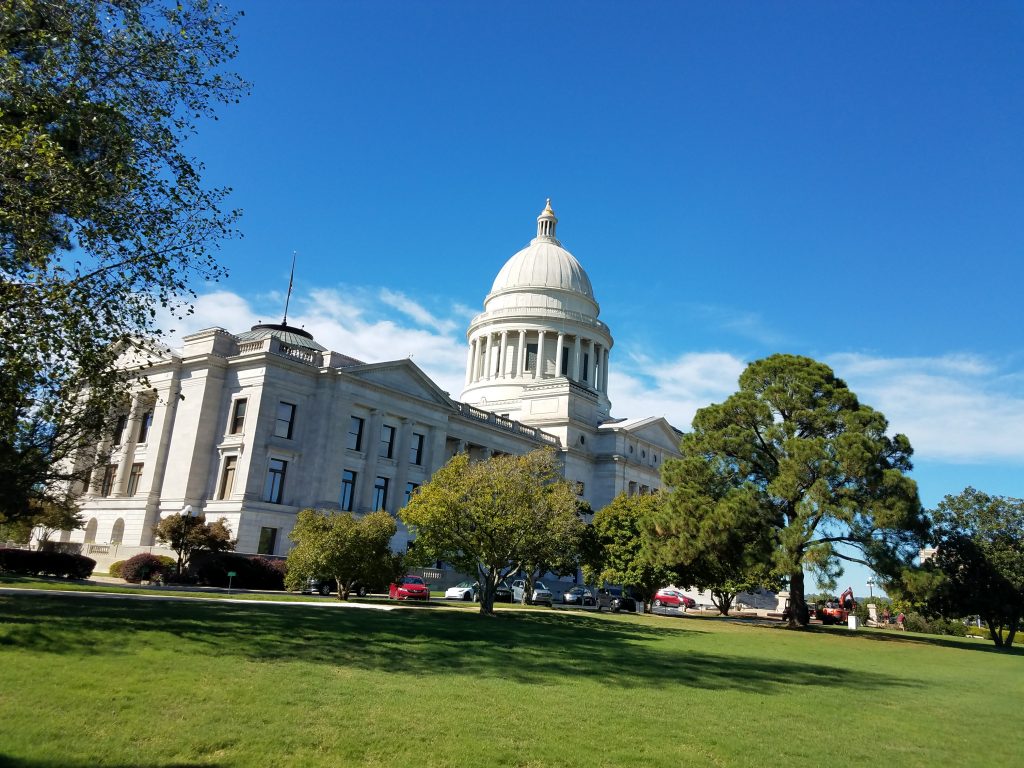
On Friday the U.S. Supreme Court issued a landmark decision reversing the 1973 Roe v. Wade abortion ruling.
The court’s decision means states are now free to enact their own pro-life laws.
Pro-lifers in Arkansas have spent decades preparing for this day.
Now the pro-life movement needs to shift its focus from the fight to make abortion illegal to the effort to make it irrelevant.
Family Council has put together a three-pronged plan for moving forward in Arkansas now that Roe v. Wade has been overturned.
Here is a snapshot of what we hope to accomplish:
Encourage the Enforcement of Existing Pro-Life Laws
Since 2011 Arkansas has passed at least 44 excellent, pro-life measures — including Act 180 of 2019 generally prohibiting abortion in Arkansas after the reversal of Roe v. Wade.
Arkansas needs to enforce these good laws to protect women and unborn children from abortion.
Work With Members of the General Assembly to Pass Any Additional Laws Necessary to End Abortion
It’s possible that Arkansas needs to pass additional legislation to address technicalities in our existing pro-life laws and stop abortion.
If that’s the case, we intend to work with members of the Arkansas Legislature to pass any additional pro-life legislation necessary.
We also will oppose any efforts to weaken Arkansas’ good, pro-life laws.
Expand Our Efforts to Assist Pregnancy Help Organizations
Arkansas is home to more than 60 organizations that assist pregnant women — including some 45 pregnancy resource centers that help women with unplanned pregnancies.
We want to expand our efforts to assist these organizations in Arkansas. This includes:
- Encouraging the Arkansas General Assembly to appropriate public funds to help women with unplanned pregnancies and the challenges of parenthood.
- Raising private funds for pregnancy help organizations.
- Encouraging churches and other nonprofit organizations to establish pregnancy-help ministries and provide assistance to organizations that are already in operation.


